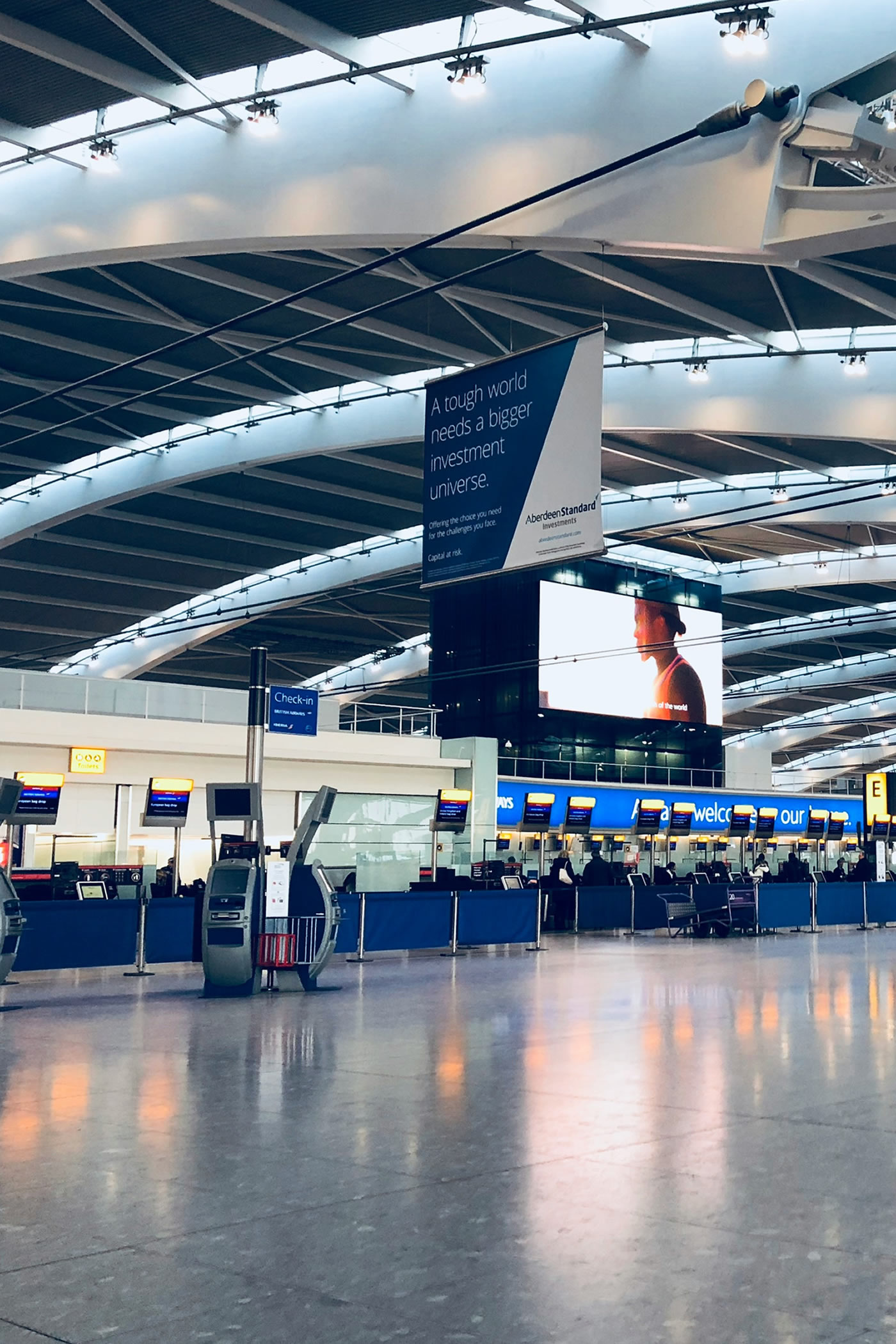Pre-Arrival
Moving to Canada is an exciting journey, but it requires careful planning both before arrival and once you land. Here’s a comprehensive guide to help newcomers prepare for their new life in Canada:
Pre-Arrival Preparation
Gather Important Documents: Ensure you have all necessary documents, such as passports, visas, travel documents, birth certificates, marriage certificates, educational certificates, medical records, and driver’s licenses. Consider getting these documents translated into English or French if needed.
Research Housing Options: Research temporary and long-term housing options. Websites, forums, and Canadian real estate sites can provide insights into rental and purchasing markets.
Learn About Healthcare: Understand the healthcare system in the province or territory you are moving to. You may need private health insurance to cover the waiting period for provincial health care coverage.
Understand the Job Market: Familiarize yourself with the job market, resume formats, and job search strategies in Canada. Websites like the Government of Canada’s Job Bank can be helpful.
Study English or French: Proficiency in either of Canada’s official languages is crucial. Online resources and courses can help you improve your language skills before arrival.
Financial Preparation: Bring enough funds to cover expenses for the first few months. Understand the cost of living in your destination and set up a Canadian bank account if possible.
Upon Arrival
Apply for a Social Insurance Number (SIN): You can apply for your SIN online or by mail before you arrive to facilitate work eligibility and access to government programs.
Apply for Health Card: Register for the provincial or territorial health insurance system to ensure you have access to healthcare services.
Open a Bank Account: If not done prior, open a bank account to manage your finances. Consider setting up a credit card to start building your credit history.
Secure Accommodation: Finalize your long-term housing arrangements. Temporary accommodations like Airbnb can be useful while you search for a permanent home.
Get Connected: Purchase a Canadian SIM card or mobile plan to stay connected with family and friends and navigate your new surroundings.
Explore Transportation Options: Learn about public transportation, obtain a driver’s license if necessary, and understand the rules of the road in your area.
Register for Government Programs: Look into government programs and benefits for newcomers, such as language training programs and employment services.
Community Engagement: Join local groups, participate in community activities, and connect with cultural associations to build your social network.
Education for Children: If you have children, research the education system and register them in a suitable school or educational program.
Cultural Orientation: Familiarize yourself with Canadian culture, norms, and legal requirements to ease your transition.
Emergency Services: Learn about emergency services, numbers, and safety protocols in your area.
Taking these steps will help smooth your transition to life in Canada, ensuring you’re well-prepared to enjoy and succeed in your new home country.

